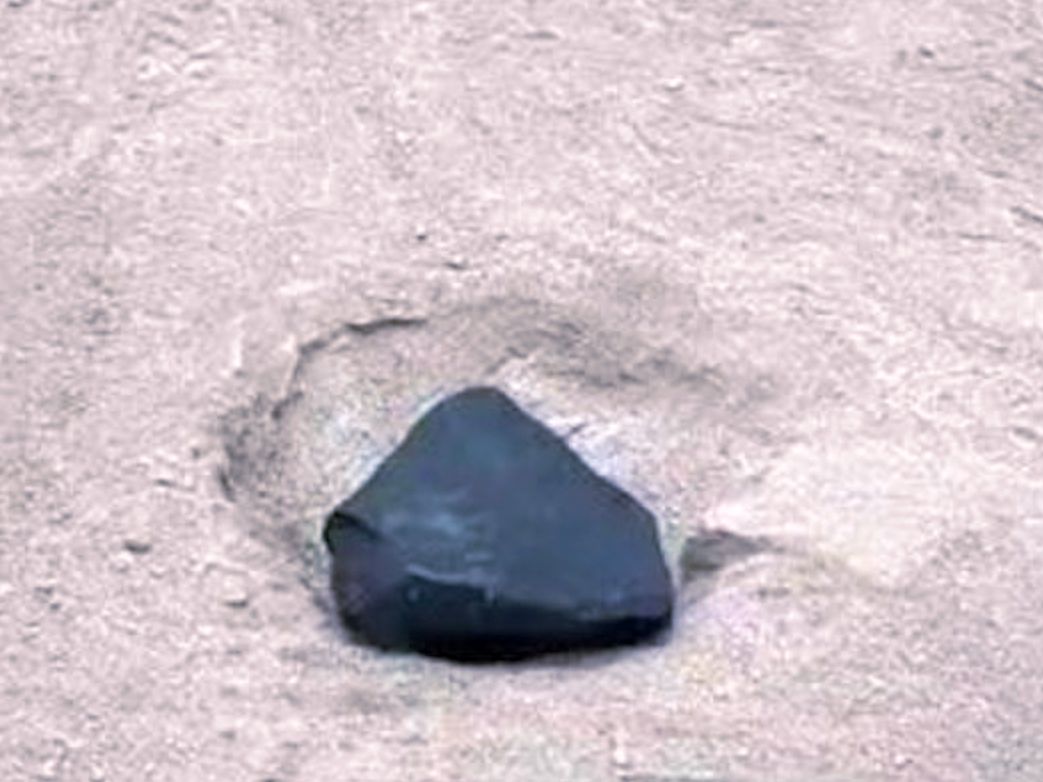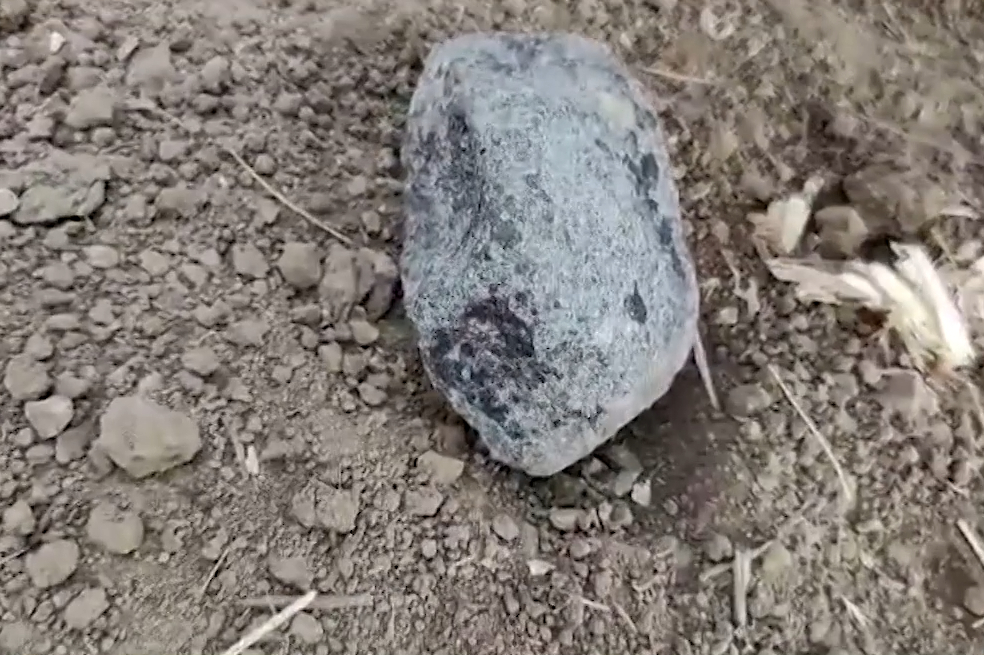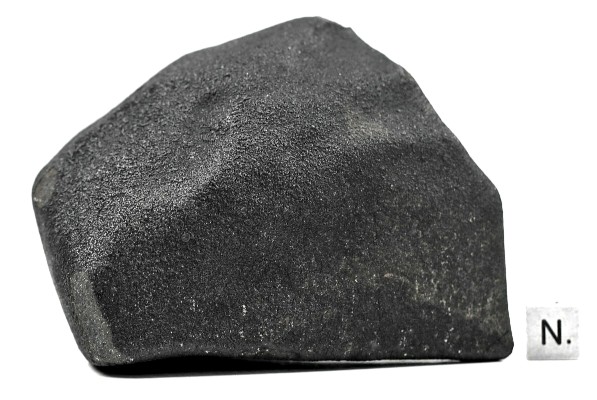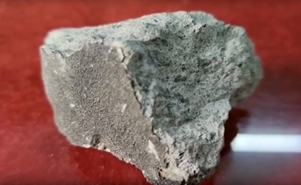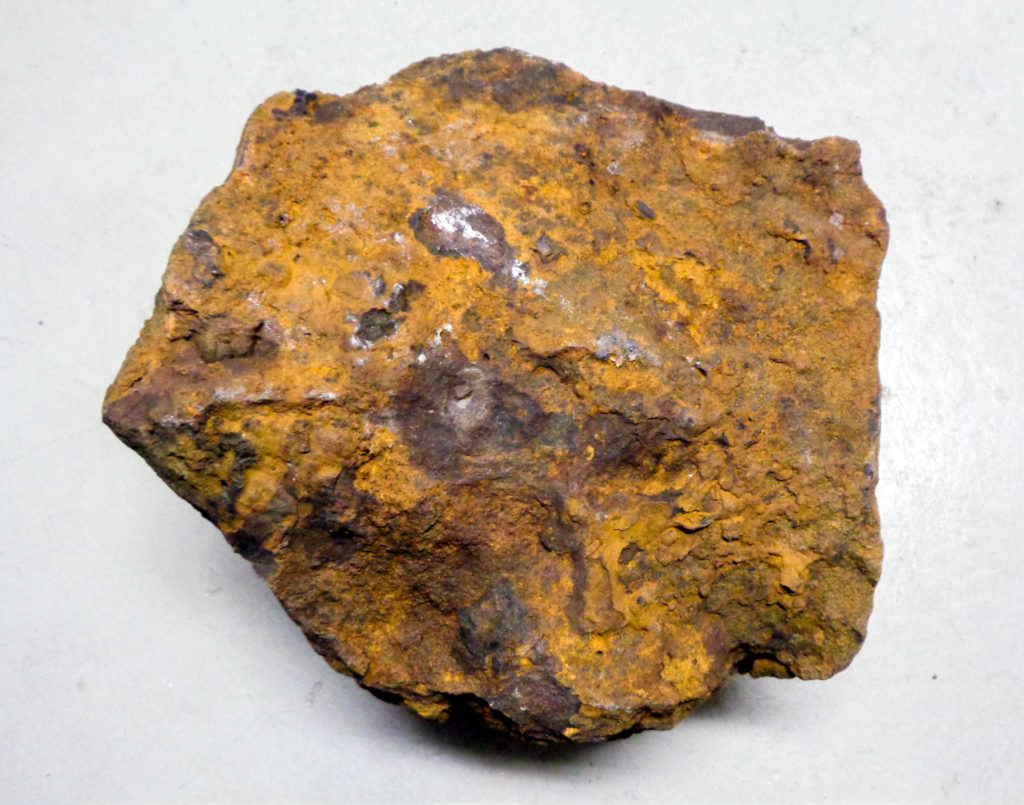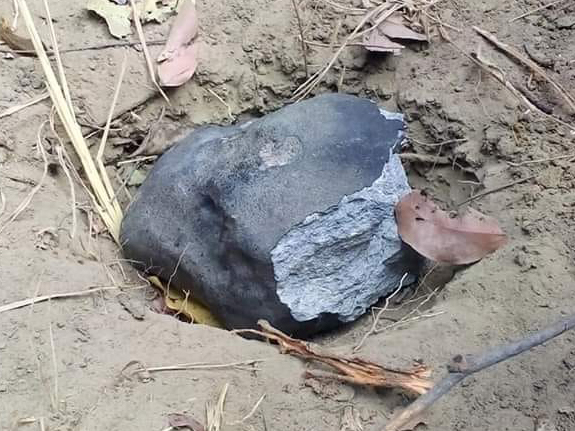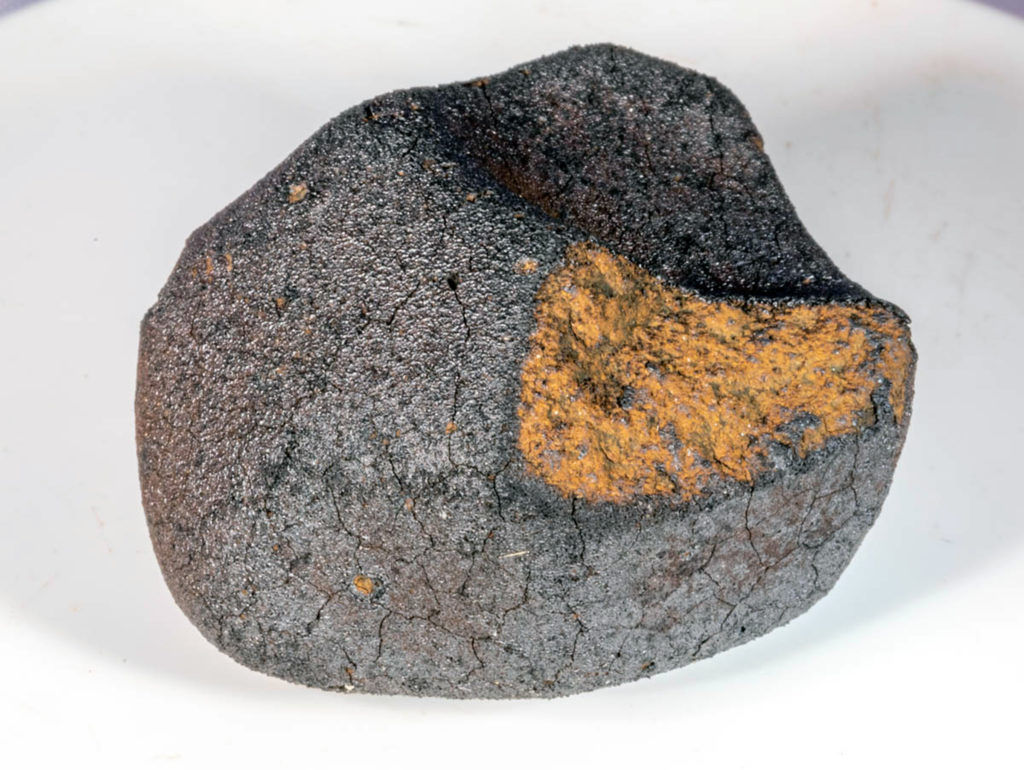Arpu Kuilpu: An H5 from the Outer Main BeltOPEN ACCESS
Patrick M. Shober, Hadrien A. R. Devillepoix, Eleanor K. Sansom, Martin C. Towner, Martin Cupák, Seamus L. Anderson, Gretchen Benedix, Lucy Forman, Phil A. Bland, Robert M. Howie, Benjamin A. D. Hartig, Matthias Laubenstein, Francesca Cary, Andrew Langendam
submitted to MAPS
Update (25 April 2022):
LINK (OPEN ACCESS)
PDF (OPEN ACCESS)
“On 1 June 2019, just before 7:30 PM local time, the Desert Fireball Network detected a -9.3 magnitude fireball over South Australia near the Western Australia border. The event was observed by six fireball observatories, and lasted for five seconds. One station was nearly directly underneath the trajectory, greatly constraining the trajectory solution. This trajectory’s backward numerical integrations indicate that the object originated from the outer main belt with a semi-major axis of 2.75 au. A light curve was also extracted and showed that the body experienced very little fragmentation during its atmospheric passage. A search campaign was conducted with several Desert Fireball Network team members and other volunteers. One 42 g fragment was recovered within the predicted fall area based on the dark flight model. Based on measurements of short-lived radionuclides, the fragment was confirmed to be a fresh fall. The meteorite, Arpu Kuilpu, has been classified as an H5 ordinary chondrite. This marks the fifth fall recovered in Australia by the Desert Fireball Network, and the smallest meteoroid (≃ 2 kg) to ever survive entry and be recovered as a meteorite.”

